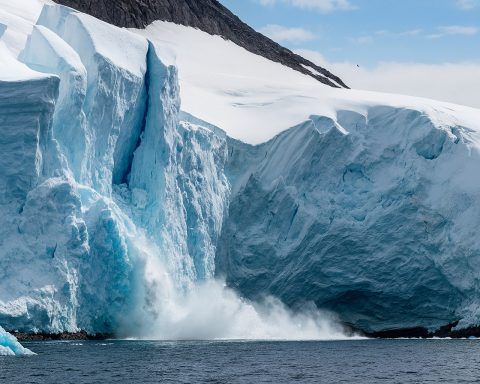
Trump Rolls Back Biden Fuel Economy Rules: What New CAFE Standards Mean for Gas Prices, EVs and the Climate
President Donald Trump has unveiled a sweeping proposal to roll back U.S. fuel economy standards for cars and trucks, marking one of the most consequential reversals yet of the Biden administration’s climate and transportation agenda. Announced on December 3, 2025,










